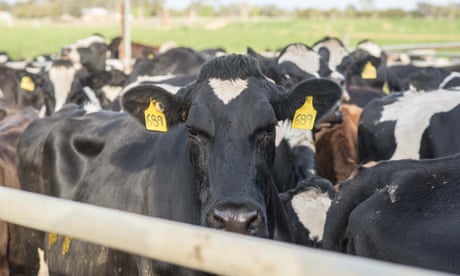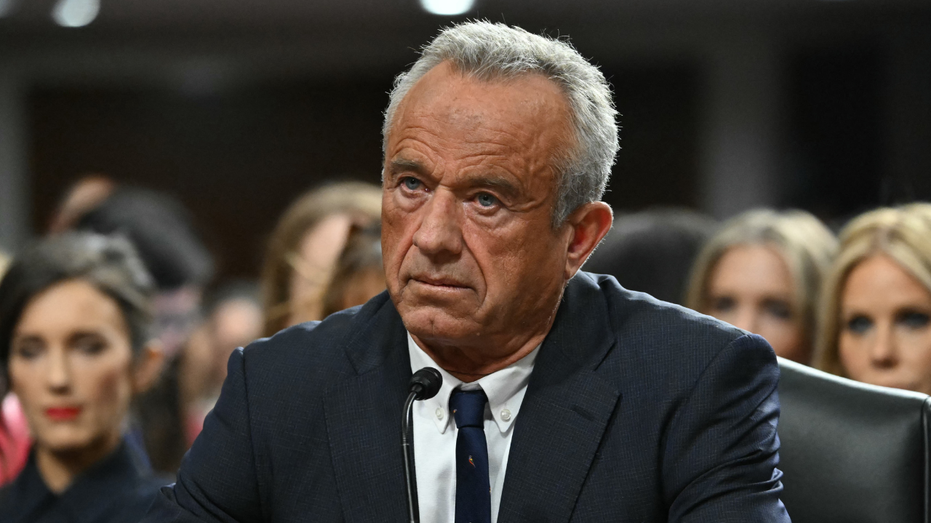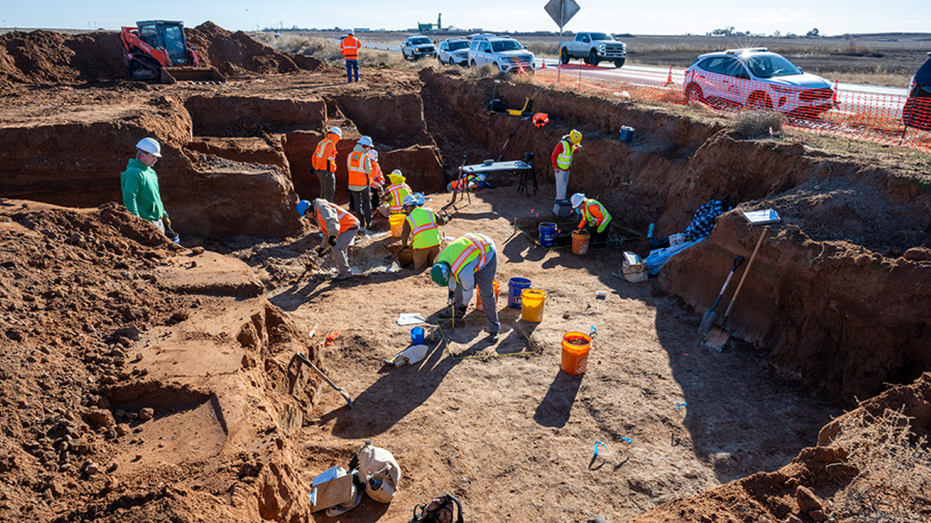- by foxnews
- 24 May 2025
NSW laws criminalising secret recordings of animal cruelty ?too great a burden on speech?, high court hears
NSW laws criminalising secret recordings of animal cruelty ‘too great a burden on speech’, high court hears
- by theguardian
- 26 Nov 2021
- in news

Laws criminalising the use of secretly recorded vision of animal cruelty and abuse are posing "too great a burden on speech", animal rights activists have told the high court.
The Farm Transparency Project, an Australian animal advocacy group, launched a case earlier this year arguing New South Wales laws restricting the use of covert footage were an unfair burden on freedom of political communication.
The state's Surveillance Devices Act criminalises the use of footage or audio that was obtained using a listening device or hidden camera, but, unlike other states, gives no public-interest exemption.
The laws have been used to pursue activists on criminal charges and have prevented media outlets from using footage depicting cruelty or abuse in abattoirs and knackeries across the state.
Guardian Australia was recently prevented from showing secretly recorded footage of ex-racehorses being sent for slaughter at NSW pet food factories, a clear breach of industry rules.
In its written submissions to the high court, the Farm Transparency Project said the case was not about how activists were perceived by the general public.
"It is about the law that is challenged," it said.
"Whether the plaintiffs are viewed as admirable activists, or vulgar vigilantes, or something in between, is irrelevant. If anything, the case is about the publishers whose freedom to publish is curtailed."
The submissions point to similar laws in Victoria, the Northern Territory, South Australia and Western Australia, which contain carve-outs allowing the use of such footage that accommodates the implied right to freedom of political communication.
The submissions point to the greyhound live baiting scandal as an example of a public interest served by the publication of such footage. That video helped spark a public inquiry and a finding that the NSW industry had lost its social licence, prompting a proposed ban that was not implemented after a backlash.
The Farm Transparency Project executive director, Chris Delforce, has said previously the case has broader implications for so-called "ag-gag" laws across the country.
Delforce said challenging the validity of the law would help prevent other jurisdictions from enacting similar blanket bans.
"We've had enough - these industries need more transparency, not less," he said. "The animals suffering in our nation's farms, slaughterhouses and knackeries deserve to have their stories told, and the Australian public deserves the opportunity to hear them."
Not all animal rights groups support the use of hidden cameras. The RSPCA is opposed to using unlawful means to fight for animal welfare.
The high court is expected to receive submissions from the NSW government this week, and Farm Transparency Project will be given a chance to reply next month.
- by foxnews
- descember 09, 2016
Texas road construction unearths 'colossal' prehistoric remains of 'big ol' animals'
Archaeologists in Texas recently discovered prehistoric megafauna bones, including a giant ground sloth, during a highway project in Lubbock, according to officials.
read more


